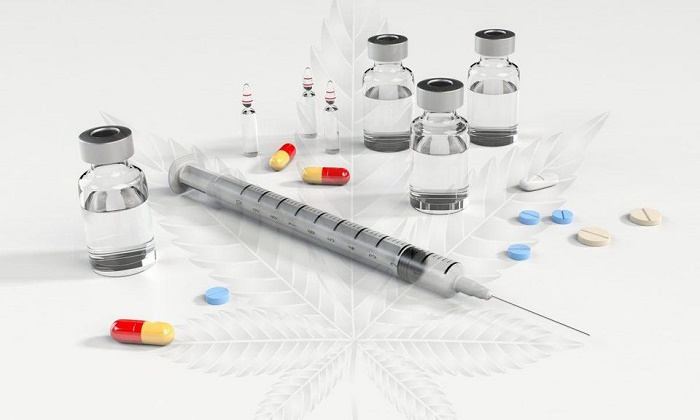On March 13, the World Kidney Day is commemorated. March 13 is celebrated worldwide on Kidney Day, which aims to raise awareness of the importance of kidney disease and promote care of this important organ of our body.
There is a close relationship between the kidneys and diabetes. It is one of the organs most affected by the complications of this disease. The kidneys of people with diabetes reabsorb greater amounts of glucose to the body compared to people without the condition, which can help raise blood glucose levels. This occurs through a receptor called SGLT2.
Diabetes affects over 382 million people worldwide, according to figures provided by the International Diabetes Federation. Approximately 30 million people suffer in Latin America, and it is estimated that this number will double by 2025.
Type 2 diabetes
Type 2 diabetes is the most common type and accounts for 90% of cases. It is a chronic and progressive disease. It affects the body’s ability to metabolize sugar (glucose) and is characterized by the inability of the pancreas to meet the demand for insulin in the body. It occurs when the body does not produce enough insulin or the cells do not recognize it produces.
There are several risk factors that contribute to the development of the disease, such as obesity, poor diet, sedentary lifestyle, older age, family history, ethnicity or high blood glucose levels during pregnancy.
One of the main challenges for patients with type 2 diabetes is the proper management of blood glucose.”Almost half of patients do not reach recommended levels of glucose, which increases the risk of developing complications that can potentially reach life-threatening,” said Eduardo Franco, medical director of Janssen for Central America and Caribbean.
An early diagnosis, monitoring and measurement of glucose levels in the blood, proper treatment and a healthy diet are the key to managing diabetes.
